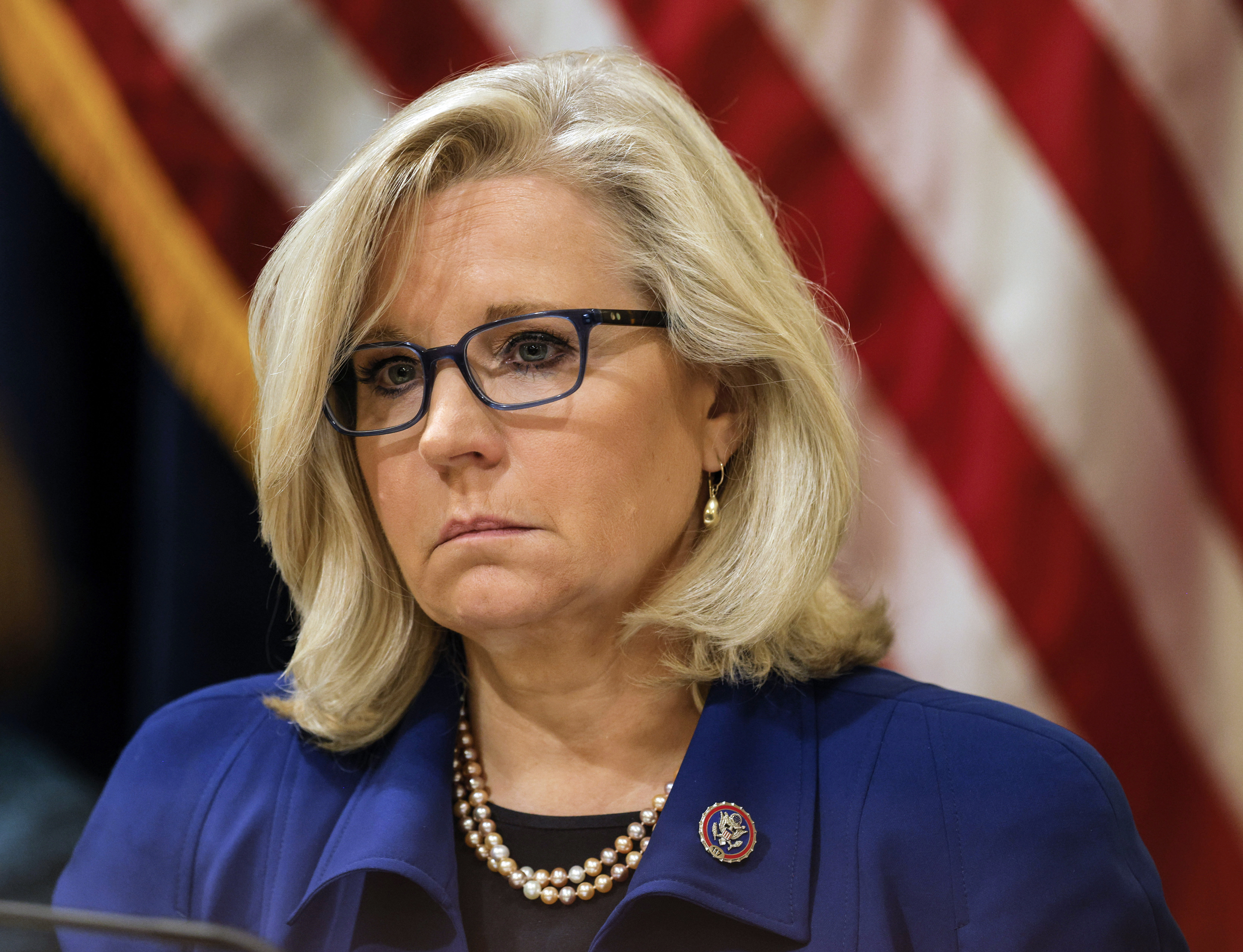Politics
NEW: Liz Cheney Can Be Forced To Testify Despite Pardon

Liz Cheney, a name that has become synonymous with resistance to President Donald Trump within Republican circles, could soon find herself in a new political and legal spotlight. The former Wyoming congresswoman, who served as vice chair of the original House Select Committee investigating the events of January 6, 2021, may be compelled to testify before a new subcommittee established by House Republicans.
While subpoenas and investigations are common tools of oversight in Congress, Cheney’s situation is unique, due in part to her recent pardon by President Joe Biden. The new subcommittee, announced by House Speaker Mike Johnson (R-LA), was formed to reexamine the circumstances surrounding the events leading up to and following January 6, 2021.
Critics of the original January 6 committee have long argued that its findings were one-sided, with some Republicans claiming that key witnesses were coerced, critical evidence was omitted, and the investigation was used as a political tool to discredit Trump and his supporters. Cheney, as one of the most outspoken Republicans involved, has been a particular target of these accusations.
Throughout the committee’s proceedings, Cheney was outspoken in her criticism of President Trump. In a June 2022 address, she admonished her party members, stating, “There will come a day when Donald Trump is gone, but your dishonor will remain.”
In December 2024, the House Administration’s Subcommittee on Oversight, led by Representative Barry Loudermilk (R-GA), released a report recommending that Cheney be investigated for alleged witness tampering. The report accused her of unethical communications with former White House aide Cassidy Hutchinson during the committee’s investigation.
In response to these allegations, Cheney has defended her actions, asserting that the report “fabricates lies and defamatory allegations in an attempt to cover up what Donald Trump did.”
On January 20, just before leaving office, President Joe Biden issued preemptive pardons to members of the January 6th Committee, including Cheney, to protect them from potential political retribution by the incoming administration. Biden claimed that these pardons should not be seen as an acknowledgment of wrongdoing but as recognition of their service.
However, legal experts have pointed out an important consequence of presidential pardons: they eliminate a recipient’s ability to invoke the Fifth Amendment to avoid self-incrimination for pardoned offenses.
The Fifth Amendment guarantees that individuals cannot be compelled to testify against themselves in criminal cases. However, a long-standing legal precedent established in the 1896 Supreme Court case Brown v. Walker holds that once a pardon is issued, the recipient can no longer claim the Fifth Amendment privilege because the pardon effectively erases the criminal liability associated with the offense.
The Cowboy State Daily first reported on Cheney’s potential legal exposure and how the presidential pardon could affect her ability to avoid testifying. In Cheney’s case, this could mean that if she is subpoenaed by the new subcommittee, she may be legally obligated to testify about her work on the January 6 investigation.
While Biden’s pardon complicates Cheney’s ability to avoid testifying, there are potential legal arguments that her lawyers could explore. For instance, the Fifth Amendment might still apply if Cheney’s testimony could expose her to criminal liability under state law. Unlike federal pardons, state offenses are beyond the reach of presidential clemency.
Cheney could challenge the subpoena on procedural grounds, arguing that the new subcommittee’s investigation lacks legitimacy or is being conducted in bad faith. Her testimony, should it occur, could either vindicate her handling of the January 6 investigation or raise new questions about her actions.

